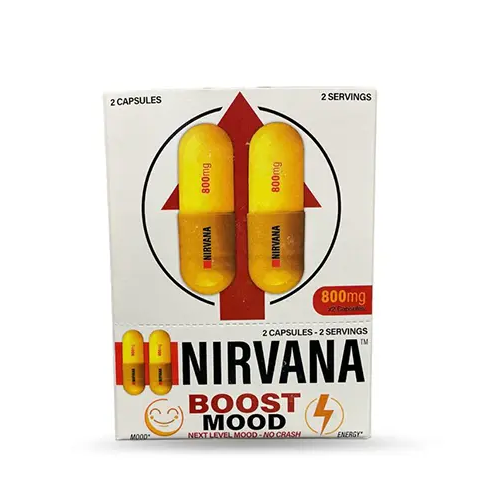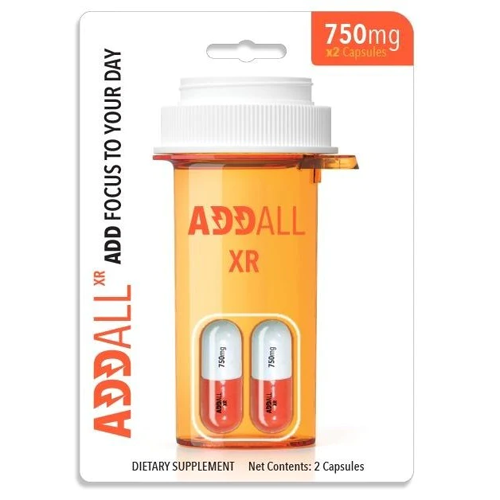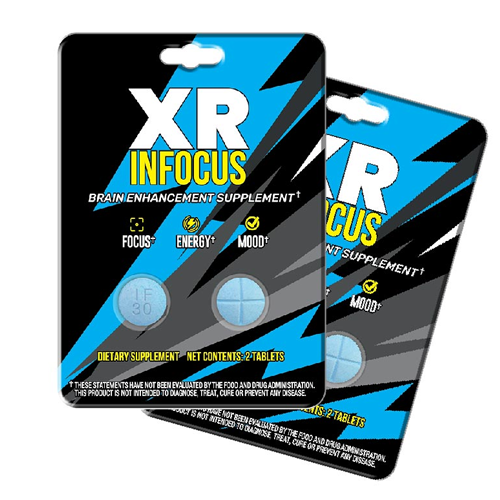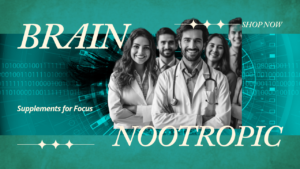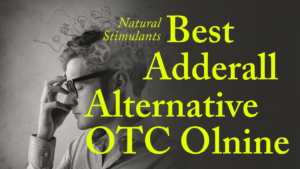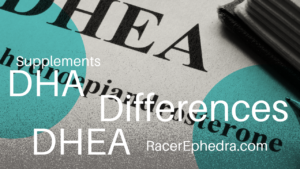Nootropics, or as they’re often known, smart drugs and cognitive enhancers, have surged in popularity, indicating a growing demand for substances that augment cognitive functions including memory, learning, and thinking. With projections estimating the nootropic dietary supplements market to reach nearly $5.8 billion by 2023, questions surrounding the safety and effectiveness of these mental enhancers are more pertinent than ever. This surge underscores a societal push towards maximizing mental focus and cognitive capabilities, raising the important question: are nootropics safe?
As the exploration into nootropic supplements and their impact on brain energy and motivation deepens, distinguishing between pharmaceutical drugs, over-the-counter options, unapproved drugs, and dietary supplements becomes critical. This article aims to dissect the scientific evidence supporting brain boosters and offers guidance on how to integrate these cognitive enhancers safely into daily routines. Additionally, it will touch upon how lifestyle and diet can complement the benefits of the best nootropics, aiming to strike a balance between curiosity about whether nootropics work and ensuring the nootropics safe use.
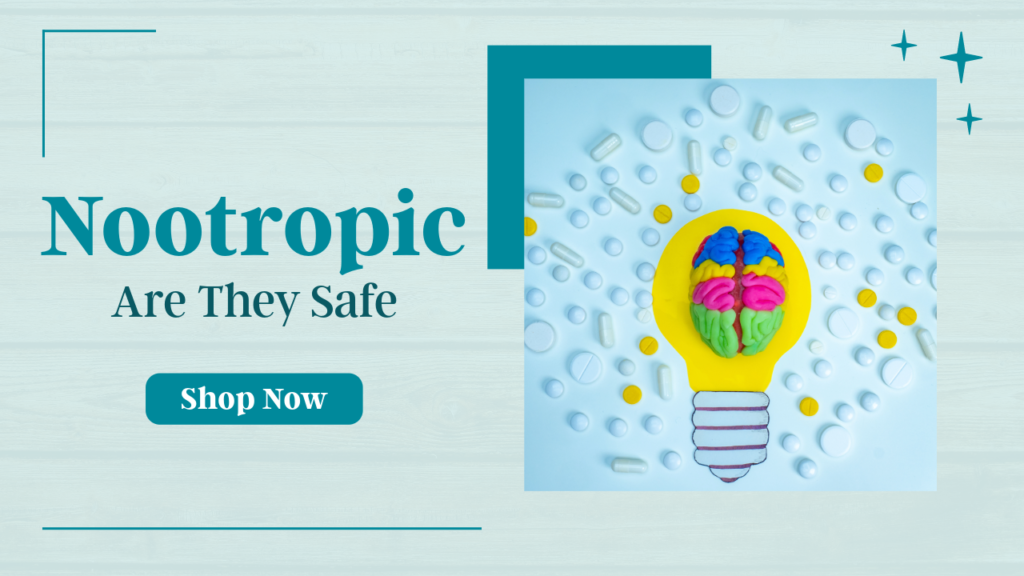
Understanding Nootropics and Adaptogens
Nootropics and adaptogens represent two categories of substances with distinct mechanisms of action and benefits for cognitive and stress-related functions. Understanding these differences is key to selecting the right supplement for individual needs:
- Nootropics: Enhancing Cognitive Function
- Types:
- Natural or Synthetic
- Categories include Amino Acids, Racetams, Cognitive Enhancers, Vitamins & Minerals, and Natural Nootropics
- Key Effects:
- Influence brain waves, cerebral blood flow, cellular energy, hormones, neurotransmitters, neuroplasticity, or growth factors
- Examples: Piracetam (memory and learning), Modafinil (alertness), L-Theanine (relaxation), Bacopa monnieri (cognitive function), Lion’s Mane (brain health)
- Considerations:
- Potential side effects, especially at higher doses for synthetic types like Racetams
- Must meet criteria such as enhancing learning/memory, protecting the brain, having low toxicity, and few side effects
- Types:
- Adaptogens: Managing Stress and Enhancing Well-being
- Types:
- Natural substances like Ginseng, Ashwagandha, Rhodiola, and Maca
- Key Effects:
- Help the body adapt to stress by modulating the response to stress hormones
- Reduce negative effects of stress, improve mood, reduce fatigue, and enhance sleep quality
- Usage:
- Can be consumed in various forms such as tea, infused beverages, powder, smoothies, yogurts, or milk
- Types:
- Comparative Overview:
- Nootropics target brain function directly, enhancing aspects like neurotransmitters and blood flow. They are categorized into dietary supplements, synthetic compounds, and prescription drugs.
- Adaptogens work by moderating hormone production and responses to stress hormones, thus indirectly supporting cognitive function by reducing stress and improving well-being. They modulate the body’s stress response systems, such as the HPA axis and the SAS.
This distinction is crucial for individuals seeking to enhance cognitive function or manage stress effectively. By understanding the specific actions and benefits of nootropics and adaptogens, one can make informed decisions about supplementing their diet and lifestyle to support brain health and overall well-being.
Top Ingredients for Brain Energy and Motivation
Exploring the top ingredients for enhancing brain energy and motivation reveals a variety of natural and synthetic compounds known for their cognitive-enhancing properties. These ingredients, often found in nootropic supplements, target different aspects of brain function, from improving memory and focus to protecting the brain from aging and inflammation. Here, we delve into some of the key components:
- Omega-3 Fatty Acids: DHA & EPA
- DHA: Essential for maintaining brain structure and function, linked with improved thinking skills, memory, and reaction times.
- EPA: Offers anti-inflammatory effects that may protect the brain against damage and aging, supporting overall cognitive health.
- Fish Oil: Combining DHA and EPA, fish oil has been shown to help reduce the decline in brain function associated with aging.
- Antioxidants & Amino Acids
- Resveratrol: Found in the skin of purple and red fruits, this antioxidant may prevent the deterioration of the hippocampus, an area of the brain crucial for memory. Studies suggest resveratrol can improve memory and brain function, with one study showing improved memory in healthy older adults after taking 200 mg of resveratrol per day for 26 weeks.
- Creatine: An amino acid that plays a vital role in energy metabolism, particularly beneficial for those who do not consume meat, as supplements can improve memory and thinking skills.
- Acetyl-L-Carnitine: Produced naturally in the body, supplementation has been associated with increased alertness, improved memory, and a slowdown in age-related memory loss.
- Stimulants & Herbal Supplements
- Caffeine: A natural stimulant found in tea, coffee, and dark chocolate, caffeine stimulates the brain and central nervous system, enhancing memory, reaction times, and overall brain function.
- Ginkgo Biloba: Derived from the Ginkgo biloba tree, this supplement is believed to increase blood flow to the brain and improve functions like focus and memory. Some studies support its use in reducing age-related decline in brain function.
- Bacopa Monnieri: A herb shown to improve thinking skills and memory in both healthy individuals and those experiencing a decline in brain function.
- Rhodiola Rosea: Known for reducing fatigue and improving mental processing, this herb has shown benefits in decreasing fatigue and enhancing brain function in studies.
These ingredients represent a fraction of the cognitive enhancers available in the market. While some, like omega-3 fatty acids and caffeine, are widely recognized for their benefits, others such as resveratrol and Bacopa monnieri are backed by emerging research. It’s important for individuals considering nootropic supplements for brain energy and motivation to understand the specific actions and potential benefits of these ingredients, as well as to consult healthcare professionals to ensure safe and effective use.
Scientific Evidence Supporting Brain Boosters
In the realm of cognitive enhancement, scientific evidence plays a pivotal role in determining the safety and efficacy of nootropic supplements. The following points summarize key findings from recent research:
- Study Findings on Nootropic Supplements:
- Mind Lab Pro’s Efficacy: A study titled “The Efficacy of A Nootropic Supplement on Information Processing in Adults: A Double Blind, Placebo Controlled Study” demonstrated significant improvements in Simple Reaction Time (SRT), Choice Reaction Time (CRT), and anticipation scores among participants who took Mind Lab Pro compared to those who received a placebo.
- Memory Enhancement: Another research, using the Wechsler Memory Scale Fourth UK Edition (WSM-IV UK), found that Mind Lab Pro significantly improved all memory subtests in participants, highlighting its potential in enhancing cognitive functions.
- Dietary Multi-Ingredient Nootropic: A study conducted by the University of Granada found that acute ingestion of a dietary multi-ingredient nootropic resulted in better response times in various cognitive tests and increased positive emotions among young healthy adults.
- Comparative Analysis of Nootropic Efficacy:
- Control vs. Experimental Groups: In the studies mentioned, the experimental groups consistently outperformed the control groups in cognitive tests, including memory subtests, processing speed, inhibitory control, spatial working memory, and cognitive flexibility.
- Emotional Well-being: Besides cognitive improvements, participants taking nootropics also experienced higher creativity levels and positive emotions, with a noticeable decrease in sadness-depression emotions, indicating a potential ancillary benefit of nootropic supplements.
- Safety and Regulatory Considerations:
- Despite the promising results, it’s important to note that certain nootropics, like piracetam, have regulatory limitations. The FDA has determined that piracetam cannot be sold as a dietary supplement, highlighting the importance of regulatory compliance and safety considerations when using nootropic substances.
This evidence underscores the potential of nootropic supplements in enhancing cognitive functions and emotional well-being. However, the importance of adhering to regulatory guidelines and prioritizing safety when considering nootropics cannot be overstated.
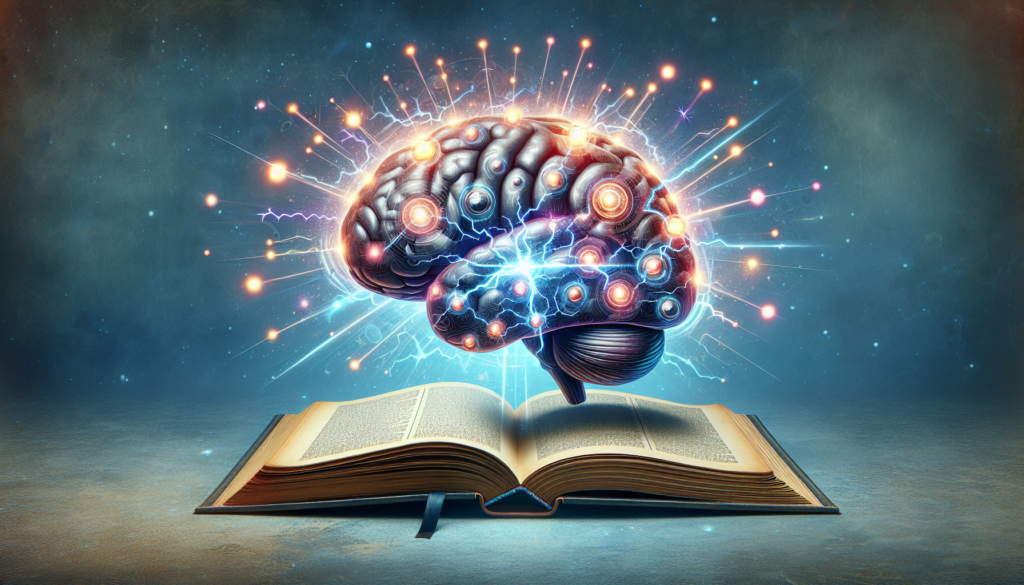
How to Safely Incorporate Energy Brain Boosters into Your Routine
Incorporating energy brain boosters into one’s routine can significantly enhance cognitive functions and contribute to long-term brain health. However, to ensure the safe use of nootropics, it is crucial to follow certain guidelines:
- Adhere to Proper Dosing: Begin with the lowest possible dose and gradually increase as needed. Overdosing can lead to adverse effects and diminish the benefits of nootropics.
- Cycle Nootropics: Avoid using the same nootropic continuously. Rotating between different nootropics can prevent tolerance build-up and dependence.
- Consult Healthcare Professionals: Before starting any nootropic regimen, it’s essential to consult with a healthcare provider, especially for individuals with pre-existing health conditions or those taking other medications.
Monitoring the effects of nootropics is equally important to ensure their efficacy and safety:
- Monitor Effects and Adjust Accordingly: Keep a journal to note any changes in cognitive functions, mood, or side effects. This record can help in adjusting dosages or discontinuing use if necessary.
- Maintain a Balanced Lifestyle: Complement nootropic use with a healthy diet, regular exercise, and adequate sleep to maximize cognitive benefits and minimize risks.
Given the lack of regulation in the nootropic industry, users bear the responsibility for their safe and responsible use:
- Educate Yourself: Research the nootropics you intend to use, understanding their mechanisms, benefits, and potential side effects.
- Start Slow and Listen to Your Body: Begin with one nootropic at a time to gauge its effects on your body. If adverse effects occur, consider discontinuing use or consulting a healthcare professional.
- Inform Your Doctor: Always inform your healthcare provider about any nootropics or supplements you are taking, as they can interact with medications or affect underlying health conditions.
By adhering to these guidelines, individuals can safely incorporate nootropics into their daily routine, potentially reaping the cognitive and health benefits they offer, including cognitive enhancement, neuroprotection, neurogenesis, and long-term potentiation, while ensuring consistency for long-term enhancement.
Lifestyle and Diet: Complementing Brain Health with Brain Boosters
Enhancing brain health and complementing the effects of nootropic supplements can be effectively achieved through lifestyle and dietary choices. Here’s how integrating specific foods and habits can support cognitive function:
Dietary Choices for Brain Health
- Food-based Antioxidants and Nootropics: Incorporating food-based antioxidants with nootropic effects into one’s diet can help mitigate memory decline associated with age-related cognitive decline. Foods rich in antioxidants such as berries, nuts, and leafy green vegetables play a crucial role in this aspect.
- Protective Foods: A diet that includes an increased consumption of certain foods or ingredients, such as omega-3 fatty acids found in fish and flaxseeds, has been shown to be protective against aging-related memory decline.
- Plant-based Nootropics: Emphasizing a balanced diet that includes fresh fruits and vegetables offers robust evidence for the benefits of plant-based nootropics. Such a diet not only supports cognitive function but also contributes to overall health.
Lifestyle Enhancements
- Supplement Use in the US: It’s noteworthy that 23% of adults in the US (approximately 58 million) take supplements specifically for maintaining or improving brain health or mental sharpness. This statistic underscores the importance of complementing these supplements with a healthy lifestyle for optimal benefits.
- Holistic Approach to Brain Health: Many healthcare professionals advocate for a holistic approach to boost brain function. This includes getting adequate sleep, engaging in regular exercise, eating a healthy diet, and managing stress. These lifestyle factors, when combined with nootropic supplements, can significantly enhance cognitive functions.
By focusing on these dietary and lifestyle factors, individuals can create a comprehensive approach to brain health. This strategy not only maximizes the benefits of nootropic supplements but also promotes overall well-being.
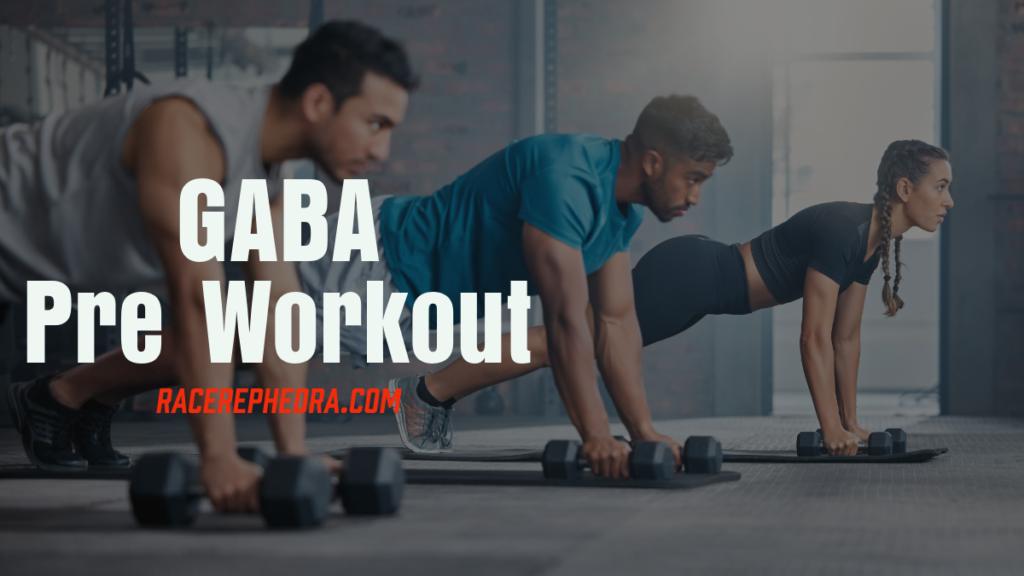
The nootropic GABA now a key ingredient in top pre-workout supplements. Understand the science and the key products containing GABA.
Animal-Derived Nootropics
Animal-derived nootropics, such as Cerebrolysin, Actovegin, and Cortexin, have garnered attention for their potential in treating cognitive disorders. A recent systematic review and meta-analysis explored the efficacy and safety of these compounds, particularly in the context of dementia and vascular cognitive impairment (VCI). The study revealed promising results for Cerebrolysin, showing a modest improvement in cognition (SMD: -0.16, 95% CI: -0.30 to -0.03) and global function (OR: 2.64, 95% CI: 1.17 to 5.98) in short-term use. Importantly, no significant difference in serious adverse events was observed, suggesting a favorable safety profile.
When focusing specifically on VCI, Cerebrolysin demonstrated similar benefits, with positive effects on cognition (SMD: -0.22, 95% CI: -0.42 to -0.03) and clinical global impression (OR: 2.99, 95% CI: 1.02 to 8.73). While the data for Actovegin and Cortexin were limited, preliminary findings indicated potential efficacy without raising safety concerns. However, it’s crucial to note that across all studies, the risk of bias was moderate to high, and the certainty of evidence was considered low to very low.
In conclusion, while animal-derived nootropics show potential in treating neurocognitive disorders, the supporting evidence remains weak. The observed effects, though positive, were modest and may not reach the threshold of clinical relevance. As research in this field continues, these findings underscore the need for more rigorous, high-quality studies to definitively establish the role of animal-derived nootropics in cognitive health management.
Clinical Benefits of Nootropics
A recent real-world data study has shed light on the effectiveness of combining nootropics with cholinesterase inhibitors (ChEIs) in treating cognitive impairment in mild-to-moderate dementia. While the clinical benefits of nootropics in cognitive decline treatment have been controversial, this study aimed to observe their potential when used alongside ChEIs.
The research, conducted within a university health system, analyzed electronic medical records of 583 patients with mild-to-moderate dementia and no prior cognitive enhancer use. Subjects were divided into two groups: those receiving ChEIs alone and those receiving a combination of ChEIs and nootropics. The primary outcome measure was the change in cognitive function, assessed using the mini-mental state examination (MMSE) over a 300-400 day period after the initial ChEI prescription.
Interestingly, the study revealed that overall changes in MMSE scores were not significantly different between the two groups. However, a more nuanced analysis uncovered promising results for specific dementia types and cognitive domains. In Alzheimer’s dementia patients, the combination group demonstrated significantly less deterioration in MMSE language subscale scores compared to the ChEI-only group (F = 6.86, p = 0.009). This difference was even more pronounced in highly adherent subjects (F = 10.16, p = 0.002).
Further analysis of specific nootropics in Alzheimer’s dementia patients yielded intriguing results. Choline alfoscerate and ginkgo biloba extract subgroups showed more significant improvements in MMSE language subscale scores compared to other nootropics (F = 7.04, p = 0.001). These findings suggest that certain nootropics may offer targeted benefits when combined with ChEIs, particularly in preserving language function in Alzheimer’s patients.
This study underscores the importance of considering dementia type when evaluating the effectiveness of nootropic and ChEI combinations. While the overall cognitive benefits may not be universally apparent, the potential for targeted improvements in specific cognitive domains, such as language function in Alzheimer’s dementia, warrants further investigation. As we continue to seek effective treatments for cognitive decline, these findings emphasize the need for well-controlled studies to explore the nuanced benefits of nootropics across various clinical settings and dementia types.
Conclusion
Throughout this exploration of nootropics, we’ve dissected their burgeoning popularity, safety profiles, and potential to enhance cognitive functions. The distinction between nootropics and adaptogens, coupled with a deep dive into the scientific research backing these supplements, provides a robust framework for understanding how these “smart drugs” can improve memory, focus, and overall brain health. Key to this discussion is the acknowledgment of the need for responsible use, including adhering to proper dosing and consulting healthcare professionals, to harness the benefits of nootropics safely and effectively.
As we maneuver through the complexities surrounding the integration of energy brain boosters into daily routines, it becomes evident that a balanced approach involving dietary choices and lifestyle changes complements the cognitive enhancements offered by nootropics. This synthesis of supplement use with healthful habits underlines the potential for optimized brain function and well-being. Moving forward, individuals curious about nootropics are encouraged to make informed decisions, consider the broader implications of their use, and potentially contribute to the ongoing dialogue on cognitive enhancement and brain health.
FAQ
What potential side effects can occur from using nootropic brain boosters?
Using nootropic brain boosters can lead to various side effects such as euphoria, an increased sense of well-being, a rise in body temperature, potential failure of the cardiovascular system, feelings of hostility or paranoia, irregular or more frequent heartbeat and palpitations, higher blood pressure and respiration rates, increased activity, talkativeness, and alertness, as well as reduced fatigue, drowsiness, and appetite.
Are there any negative consequences associated with nootropics?
While side effects from nootropics are rare and usually not severe, they can include individual intolerance, an unwelcome increase in activity, sleep disturbances, or a heightened libido. Nootropics are not recommended for individuals with hypersensitivity to their components, and should not be used during pregnancy or lactation.
Is daily consumption of nootropics harmful?
Certain nootropics can be taken daily without the risk of developing a tolerance, such as those naturally derived from plants like Ginkgo biloba, Andrographis paniculata, or American ginseng. However, other nootropics might become less effective over time unless the dosage is progressively increased.
Do nootropics offer benefits for energy levels?
Nootropics serve a dual purpose by providing immediate energy and mental focus, as well as long-term protection against cognitive decline associated with aging. Most nootropics are also derived from plants rich in phytonutrients, which studies suggest may offer additional whole-body benefits.
References
Malík, Matěj, and Pavel Tlustoš. 2022. “Nootropics as Cognitive Enhancers: Types, Dosage and Side Effects of Smart Drugs” Nutrients 14, no. 16: 3367. https://doi.org/10.3390/nu14163367
Roe L. Amy *, Venkataraman Arvind , The Safety and Efficacy of Botanicals with Nootropic Effects, Current Neuropharmacology 2021; 19 (9) . https://dx.doi.org/10.2174/1570159X19666210726150432
Front. Nutr., 12 May 2022 Sec. Nutrition, Psychology and Brain Health Volume 9 – 2022 | Acute Effect of a Dietary Multi-Ingredient Nootropic as a Cognitive Enhancer in Young Healthy Adults: A Randomized, Triple-Blinded, Placebo-Controlled, Crossover Trial https://doi.org/10.3389/fnut.2022.858910
Brain Ageing, Cognition and Diet: A Review of the Emerging Roles of Food-Based Nootropics in Mitigating Age-related Memory Decline Author(s): Adejoke Yetunde Onaolapo, Adebimpe Yemisi Obelawo and Olakunle James Onaolapo* Volume 12, Issue 1, 2019 Page: [2 – 14] Pages: 13 DOI: 10.2174/1874609812666190311160754
Rayan A. Alsulaimani, Terence J. Quinn, The efficacy and safety of animal-derived nootropics in cognitive disorders: Systematic review and meta-analysis, Cerebral Circulation – Cognition and Behavior, Volume 2, 2021, 100012, ISSN 2666-2450,
https://doi.org/10.1016/j.cccb.2021.100012
Kang, Minjae, Dan Bee Lee, Sungchan Kwon, Eun Lee, and Woo Jung Kim. 2022. “Effectiveness of Nootropics in Combination with Cholinesterase Inhibitors on Cognitive Function in Mild-to-Moderate Dementia: A Study Using Real-World Data” Journal of Clinical Medicine 11, no. 16: 4661. https://doi.org/10.3390/jcm11164661
